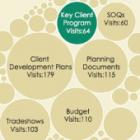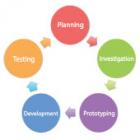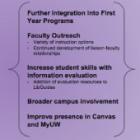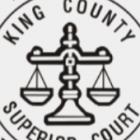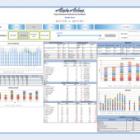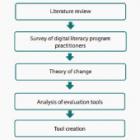
Outcomes-Based Evaluation Tools for Digital Literacy Programs
Communities Technology Centers (CTCs), such as libraries and nonprofits, teach people vital digital literacy skills. However, many of these organizations have no way to measure the impact of their digital literacy programs. Without a way to quantify impact, CTCs can neither assess the effectiveness of program services nor communicate the impact to funders. Outcomes-based evaluations offer a method to bridge this divide. With that in mind, I created ready to use protocols for surveys, focus groups and class observation that CTCs may use to assess digital literacy outcomes. These ready to use protocols may be used by CTCs to assess outcomes, to better understand program needs and strengths, demonstrate success to funders and potential funders, and ultimately to help ensure that all people have both access and ability to use information and communication technologies.



